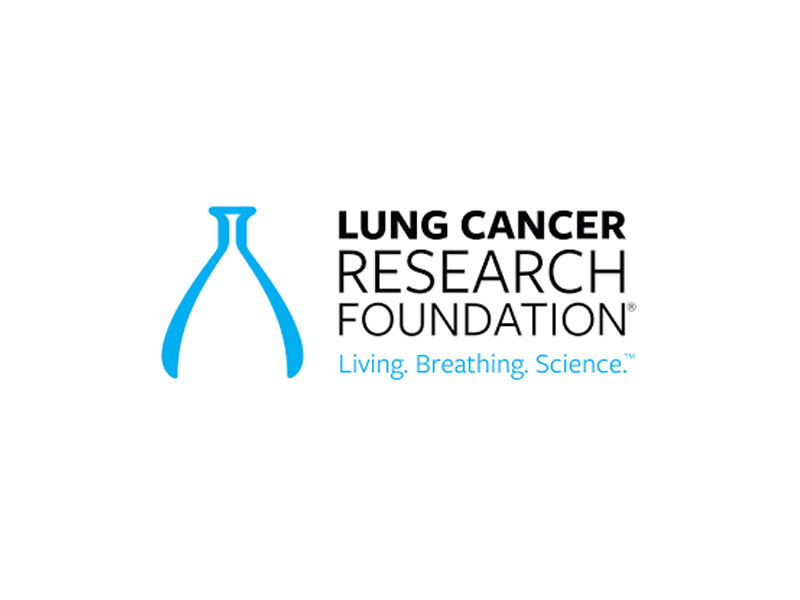The Lung Cancer Research Foundation (LCRF), in collaboration with 23andMe Holding Co. and 20 lung cancer advocacy organizations, has officially announced a study, which will focus on advancing research in lung cancer. Named as Lung Cancer Genetics Study, the whole effort will particularly try and unpack the genetics of people with lung cancer in order to improve detection, risk reduction, and care. Once completed, the de-identified data from the study will be also be made available to approved researchers, and at the same time, access to scientific database will be available for nonprofit researchers and institutions at no cost so to ensure maximum accessibility. To understand the significance of such a development, though, we must acknowledge that, even though recent developments in tumor genetic testing and targeted therapies have provided hope and greater years of survival to many lung cancer patients, lung cancer remains the number one cause of cancer deaths in both men and women throughout the United States. More on why such a study is so urgent would reveal how, in 2020, lung cancer took more lives across US than breast, colorectal, and prostate cancers combined. Next up, we must get into a claim which projects one in every 16 US residents to be diagnosed with lung cancer at some point within their lifetime. There, there is another projection saying that, in 2024, more than 234,000 new people will be diagnosed with lung cancer, a number only restricted to US. Moving on, we must also take into account that despite accounting for 12% of all new cancer diagnoses, lung cancer makes up over 20% of all cancer deaths.
Hold on, we still have a few bits left to touch upon, considering we still haven’t touched on data which indicates how lung cancer research, even with disease’s far-reaching prevalence, remains largely underfunded compared to other cancer types. Joining the same is a piece of discovery, which says that lung cancer is more common in women than men, if we talk about people diagnosed at 55 years of age or younger. Furthermore, among people with lung cancer who have never smoked, approximately two-thirds are women, making women who have not smoked more than twice as likely to develop lung cancer as men who have not smoked. Having said so, there is an evidence-backed belief that, with early detection of lung cancer through screening, we can improve the long-term survival rate by a significant margin. You see, 81% individuals who had their cancer diagnosed during annual screening were able to clock a 20-year survival rate. Contextualizing this would be a fact that only 25% of people diagnosed with cancer, as of now, survive for 5 years or more.
“Through the launch of the Lung Cancer Genetics Study, we hope to fill an unmet need for a comprehensive database that bridges the gap between genetic, clinical, and patient-reported data,” said Anne Wojcicki, Co-Founder and CEO of 23andMe. “Because lung cancer affects people from all communities, it’s important for this research to truly reflect the diversity of those impacted by the disease. This collaborative effort unites survivors, caregivers, researchers, and advocates who are all dedicated to improving the treatment and care of lung cancer.”
Another detail worth a mention is rooted in the researchers’ decision to leverage the 23andMe research platform for procuring data from the participants. This data is likely to include genetic information and self-reported information about each participant’s unique experiences (using responses from online surveys), as well as other data sources, such as medical records and tumor biomarker information.
At launch, the stated study will boast a vast line-up collaborators, such as ALK Positive, Biomarker Collaborative, BRAF Bombers, EGFR Resisters, Exon 20 Group, Free ME from Lung Cancer, GO2 for Lung Cancer, The Happy Lungs Project, International Cancer Advocacy Network, KRAS Kickers, Lung Cancer Foundation of America, Lung Cancer Research Foundation, LUNGevity Foundation, MET Crusaders, and many others.


